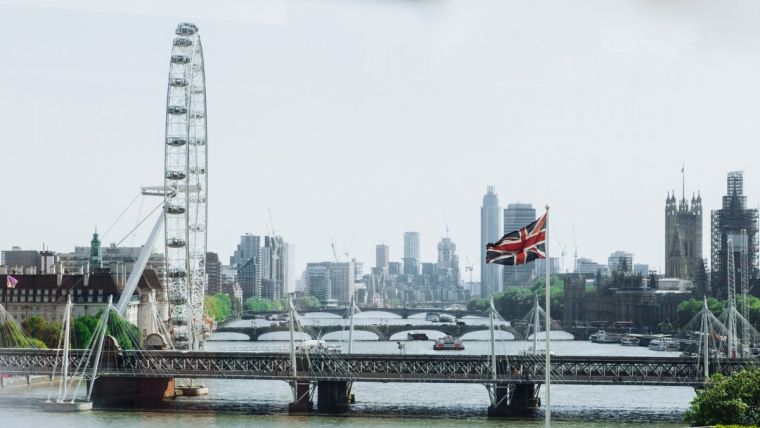Brexit deal that puts the union at risk is unacceptable, says Conservative chairman

Britain cannot accept an EU proposal to break the deadlock in the Brexit talks because it would threaten the unity of the United Kingdom by treating Northern Ireland differently, the chairman of the ruling Conservative Party said.
The issue of how to maintain an open border on the island of Ireland is at the heart of the dispute between London and Brussels after British lawmakers objected to the so-called backstop insurance policy which they believe would keep the whole of the UK trapped in an EU customs union.
Less than three weeks before Britain leaves the European Union, the EU's chief negotiator Michel Barnier said on Friday Britain could have the unilateral right to leave their customs union after Brexit.
However, Northern Ireland would have to remain in the EU's trade orbit to prevent the need for any customs checks on the border with EU-member Ireland.
"We are not going to have an agreement that compromises the unity of the United Kingdom," Brandon Lewis told BBC radio. "The proposal that Michel Barnier put out yesterday would compromise the strength of the union."
Lawmakers will vote again on Tuesday on whether to accept the deal struck by Prime Minister Theresa May. The government has so far failed to secure changes to the divorce deal that could gain the backing of lawmakers, after they roundly rejected it in January.
Lewis said talks would continue over the weekend.
Last month, the opposition Labour Party broke new ground for one of the major parties by saying it would support a new referendum on May's deal after parliament defeated its alternative Brexit plan.
When May's deal is brought back to parliament on Tuesday, Labour's amendment will provide the house with its first explicit vote on whether to back the idea of a second referendum.
But while a majority of lawmakers voted to remain in the bloc in the 2016 referendum, a Reuters analysis of public comments found that only 219 have expressed a willingness to support another vote, and a further 65 have not made their views known.
This is well short of the 318 votes needed to guarantee approval of the amendment if there are no absences or abstentions.
A referendum would need to be approved by parliament and May has ruled out proposing one, saying it would deepen already ugly divisions over Britain's biggest decision since World War Two and betray the 52 percent - 17.4 million people - who voted to leave the EU.











